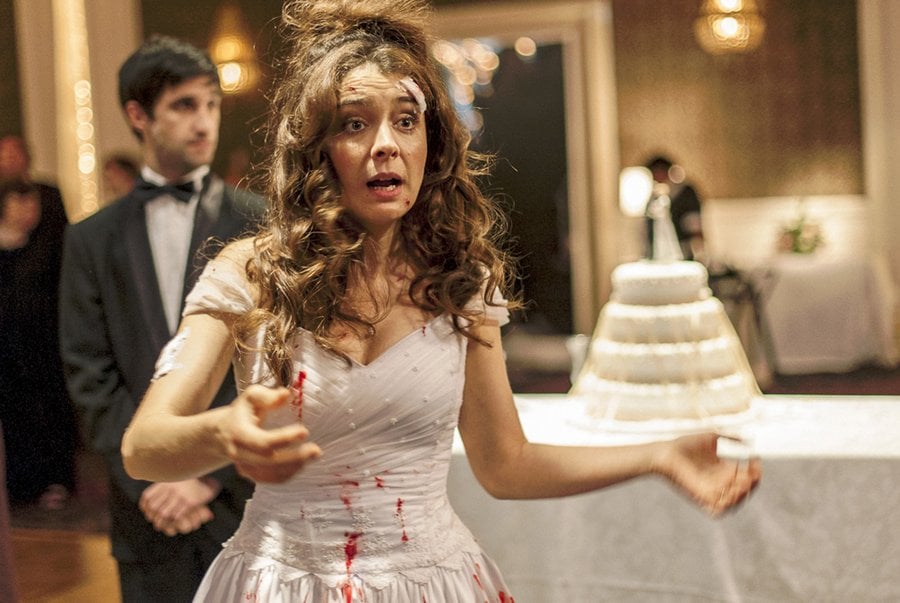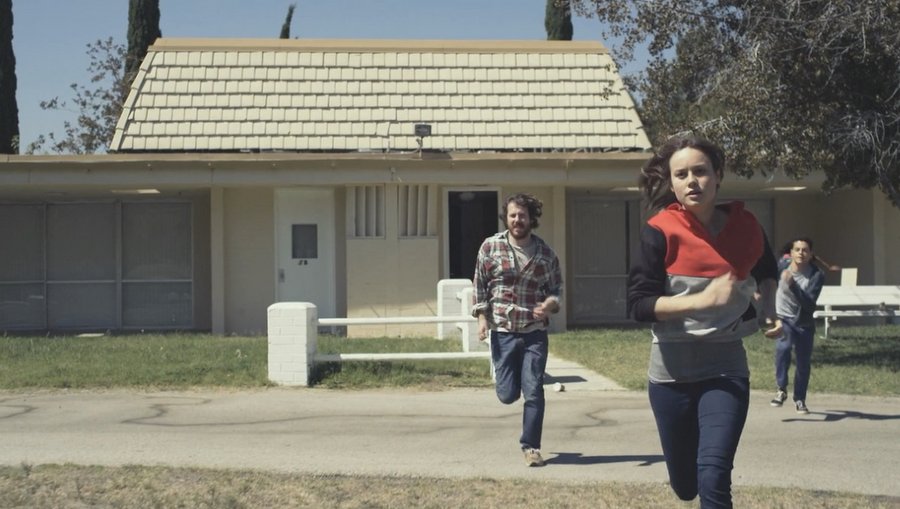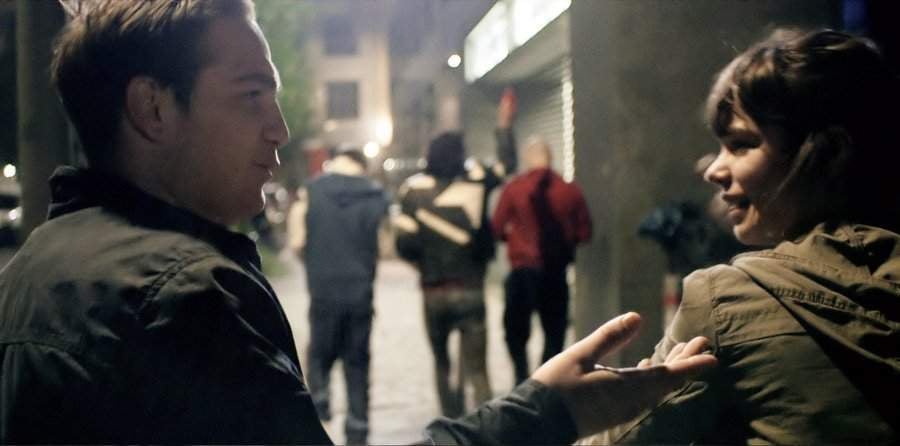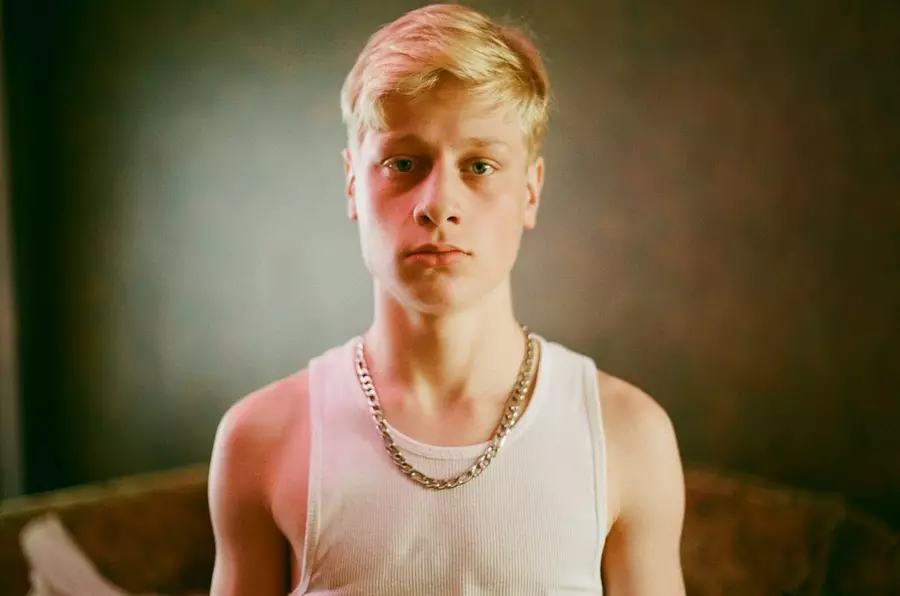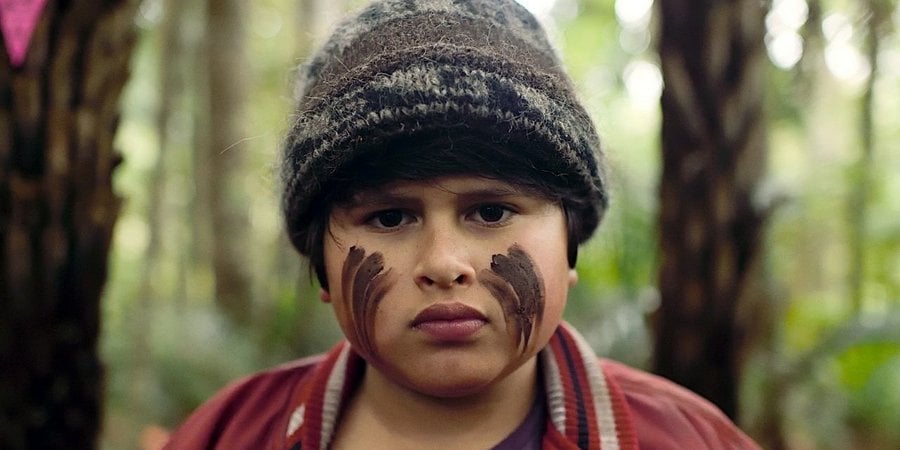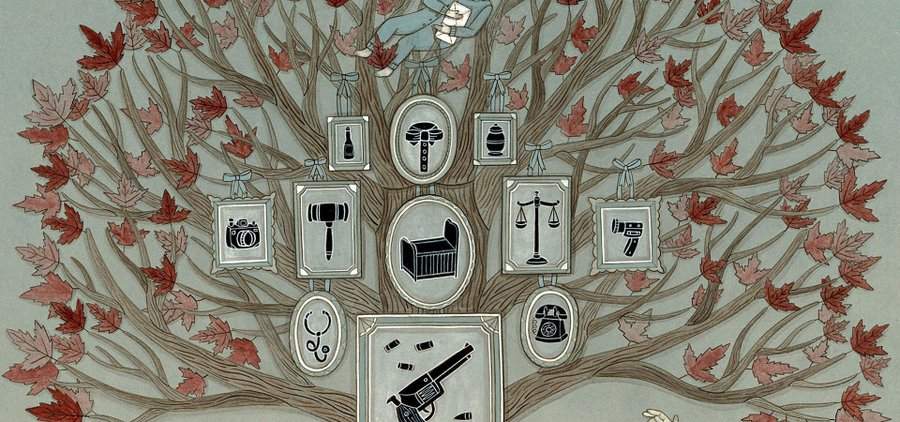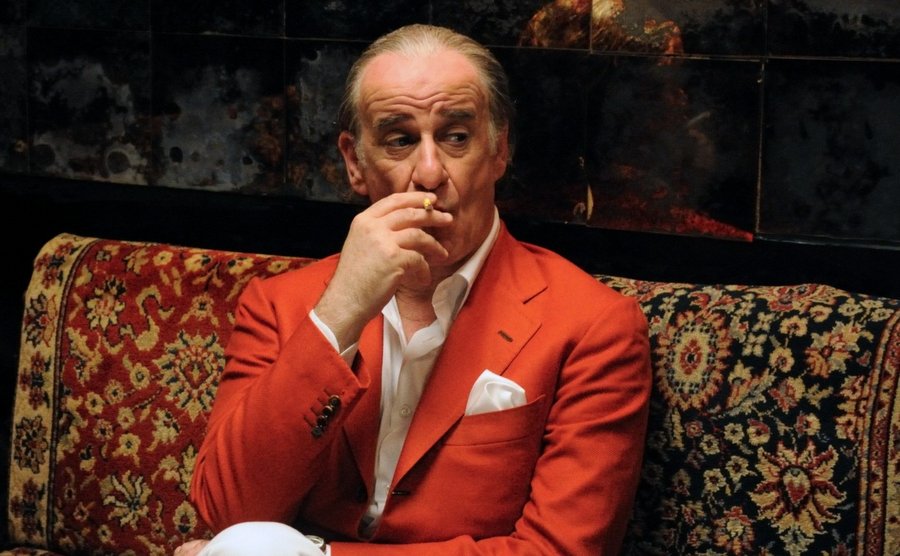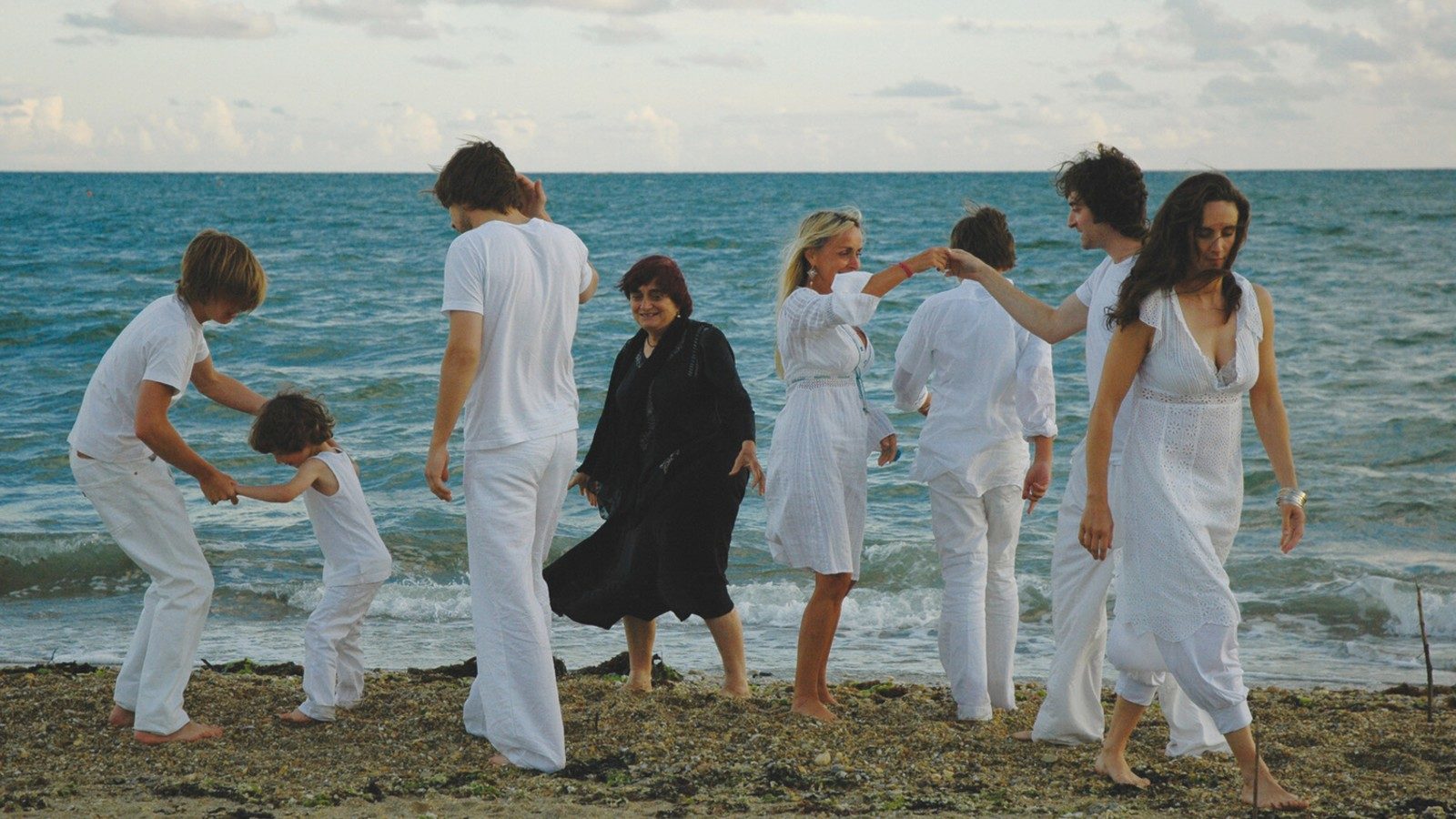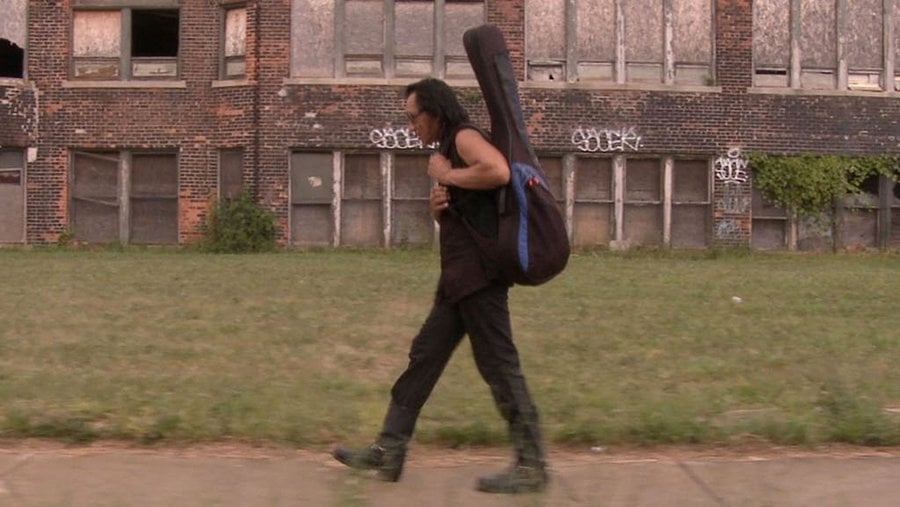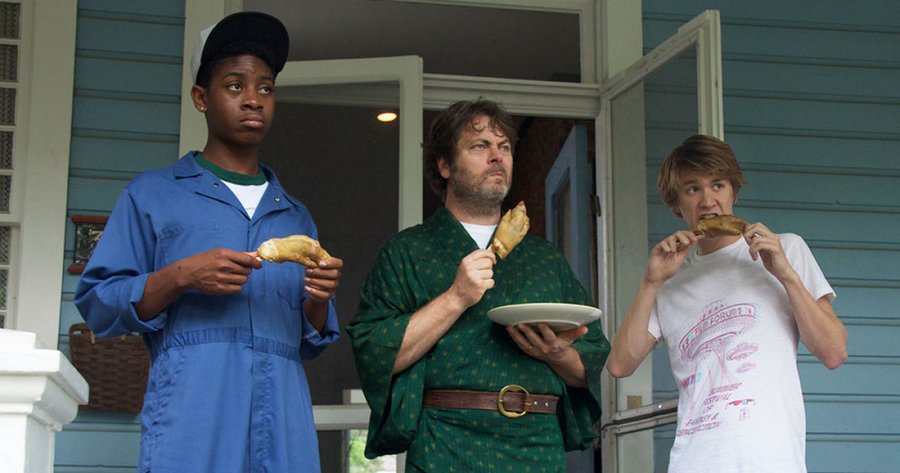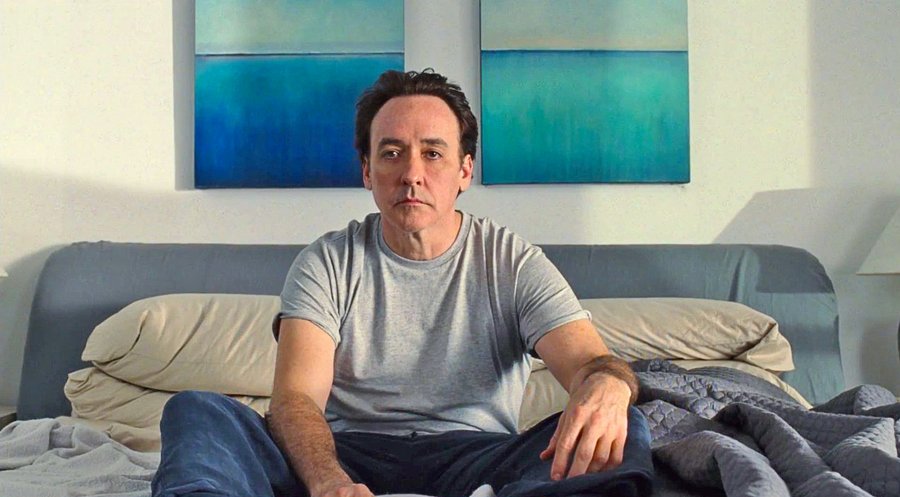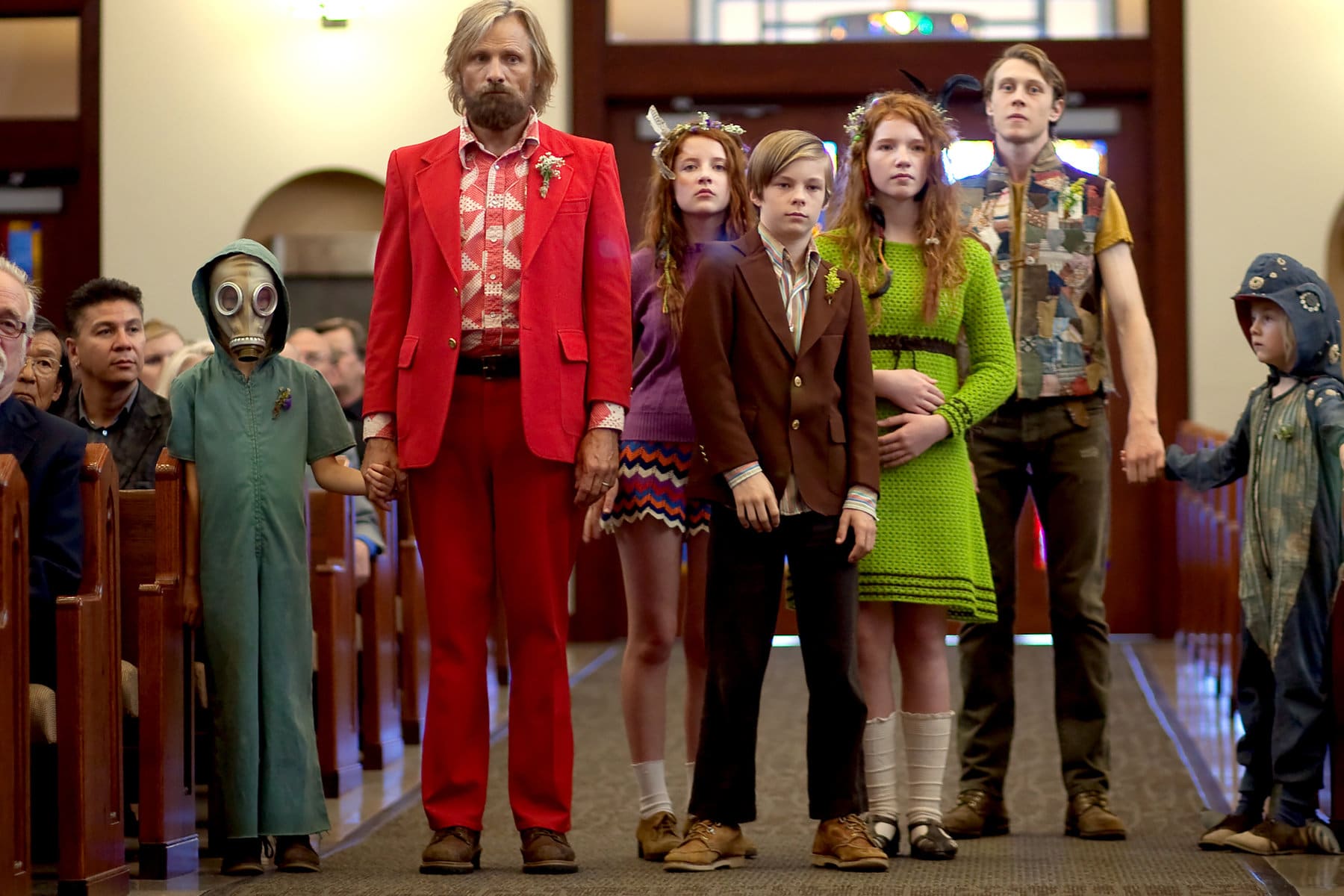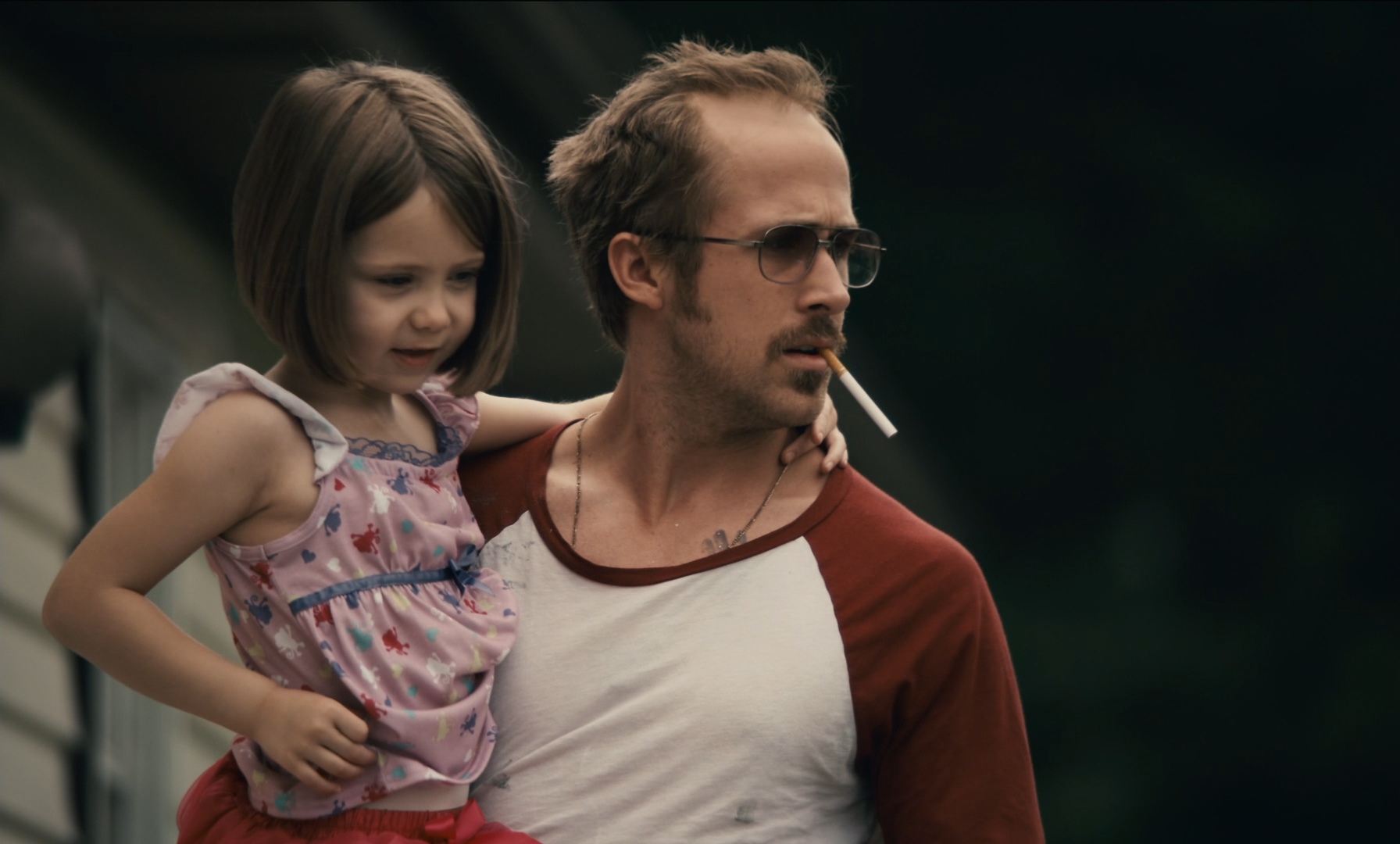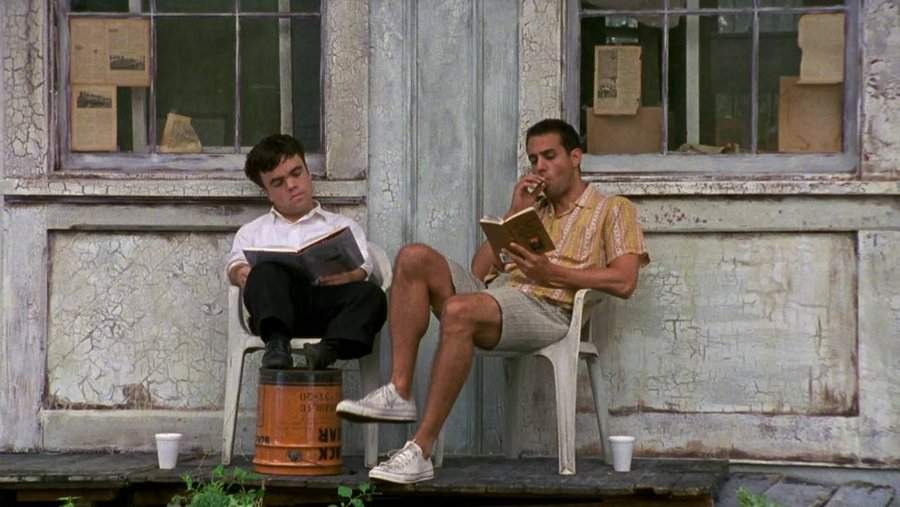With ‘Wild tales’, writer-director Damían Szifrón explores exactly how thin the proverbial veneer is on the passions of the human heart. Or rather he gleefully rips it off. Visually dazzling and laced with social critique, violent revenge is the theme joining the six vignettes together. Each one starts off in a relatable everyday situation, including an airplane, a wedding, and a coffee shop, which quickly propels into complete savagery of Roald Dahlian proportions.
Like the famous author of Charlie and the Chocolate Factory, Szifrón writes great satirical characters, which he relishes in hurting and throwing in the ditch. And much like the rage of its protagonists, featuring Ricardo Darín as a family man articulating his by way of explosives, this movie does not know peaks and valleys. It’s a dark comedy thrill ride that will have you gasping for air!
Genre: Comedy, Drama, Thriller
Actor: Abián Vainstein, Alan Daicz, Andrea Garrote, César Bordón, César Bordón, Darío Grandinetti, Diego Gentile, Diego Starosta, Diego Velázquez, Erica Rivas, Federico Liss, Germán de Silva, Graciela Fodrini, Gustavo Bonfigli, Javier Pedersoli, Juan Santiago Linari, Julieta Zylberberg, Leonardo Sbaraglia, Liliana Weimer, Lucila Mangone, Luis Mazzeo, Margarita Molfino, María Marull, María Onetto, Martín Gervasoni, Miguel Di Lemme, Mónica Villa, Nancy Dupláa, Oscar Martinez, Osmar Núñez, Pablo Chao, Pablo Moseinco, Paula Grinszpan, Ramiro Vayo, Ricardo Darín, Rita Cortese, Walter Donado
Director: Damián Szifron

